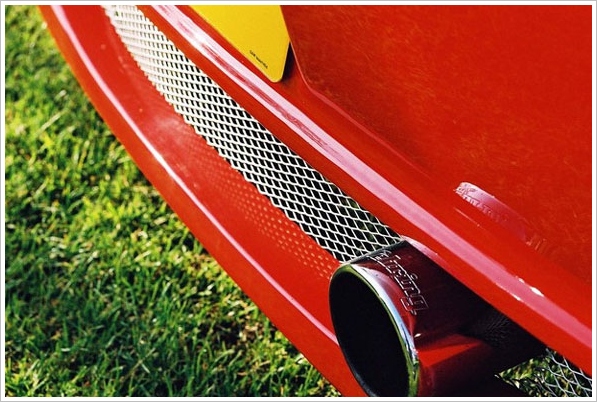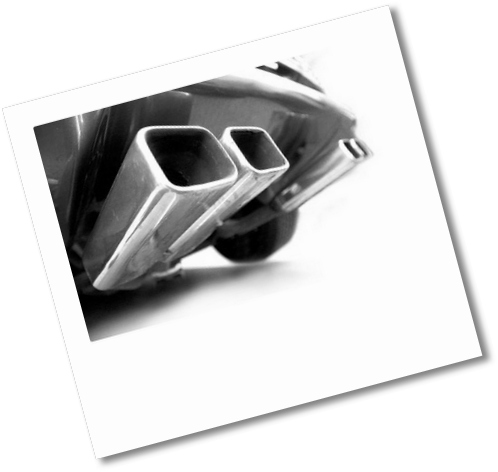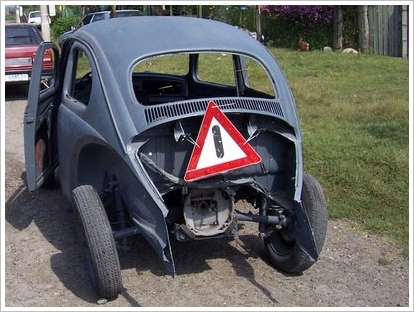The horrendous stink kicked up by the Volkswagen diesel emissions scandal is starting to throw up a lot of other very unsavory facts as well. The admission that people in the industry have known about the problem for a while, and that other car makers may be conducting a similar deception with their models is unbelievable.
But one of the most appalling facts to emerge is the revelation that the world’s car makers are routinely gaming the fuel economy numbers to make their products seem up to 40% more fuel efficient – and also carbon efficient – than they really are.
To say this is scandalous is an understatement. Almost all drivers now accept that stated MPG figures on a brochure bear no resemblance to reality, and it’s actually become a cause of much hilarity in the motoring press, especially when discussing mythical hybrid miles per gallon numbers. But few people will be aware of just how much deception is used to generate the brochure numbers in general.
The telling information is revealed in an article from The Economist magazine this week, which details some of the subterfuge they use in European testing.
“In practice this means doing everything possible to make the test cars perform far better than the versions punters drive off the forecourt. The cars that are tested have generally been modified to be as frugal as possible. Things that add weight, such as sound systems, are left out. Drag is reduced by removing wing mirrors and taping up cracks between panels.
Special lubricants make the engines run more smoothly. Low-resistance tyres are overinflated with special mixtures of gas. Alternators are disconnected, which gives more power to the wheels but guarantees a flat battery in the end. The cars may be run in too high a gear, and conducting tests at the highest allowed ambient temperature—another efficiency booster—is commonplace.”
These tests are conducted in Europe by ‘independent’ testing organizations which are commercial operations which compete for business. It is in their best interest to help the car manufacturers create good looking figures. The result, according to Transport & Environment, an environmental monitoring group, is that ‘more than half Europe’s claimed gains in efficiency since 2008 have been “purely theoretical”. In other words we’ve been consistently lied to by the motor industry about the improvements in MPG figures for the past 7 years. Incredible!
The good news, if there is any from this whole sorry mess, is the fact that it’s all out in the open now, and the car making industry has nowhere to hide. VW is likely to suffer years of litigation – it’s interesting to note that the company has just engaged the same lawyers who defended BP in the Deepwater Horizon oil spill litigation – and damage to its reputation. In fact the whole of Germany is in danger of losing the lustre of quality manufacture that it has deliberately and delicately built up over the years. What on earth were the VW executives thinking? Or drinking?
Let’s hope that the future brings some kind of ethical imperative to these mega-corporations, instead of this insane ‘profit and growth at all costs’ attitude which gives industry as a whole such a bad name.






